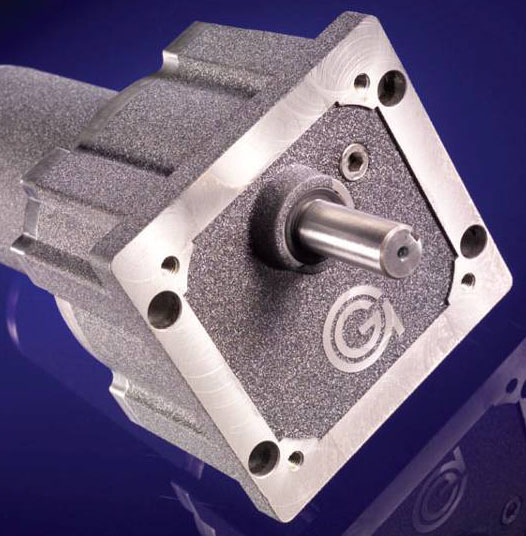Mobile:+86-311-808-126-83
Email:info@ydcastings.com
Centrifugal Compressor Impeller - High Efficiency and Performance
The Centrifugal Compressor Impeller A Vital Component in Modern Engineering
The centrifugal compressor impeller is a crucial element in various engineering applications, particularly in the fields of aerospace, automotive, and refrigeration. Its primary function is to increase the pressure of a gas by converting kinetic energy into pressure energy. This transformation is achieved through the use of centrifugal force, which acts on the gas as it flows through the impeller’s rotating blades. Understanding the design, function, and implications of the centrifugal compressor impeller is essential for advancing technology and optimizing efficiency across several industries.
At its core, the centrifugal compressor impeller consists of a set of blades that are mounted on a rotating hub. As the impeller spins, gas enters through the eye of the impeller and is flung outward by the blades, gaining speed and pressure as it travels along the radial path. The blades are typically designed with specific aerodynamics in mind, which ensures maximum efficiency and minimal losses during operation. This is crucial, as slight inefficiencies in the design can lead to significant drops in performance due to increased turbulence and energy losses.
One of the notable aspects of the centrifugal compressor impeller is its ability to handle varying volumes and pressures of gas. This adaptability is particularly important in applications such as gas turbine engines, where the compressor must efficiently compress air at different speeds and operational conditions. Engineers often employ computational fluid dynamics (CFD) simulations during the design process, allowing for the analysis of flow patterns and optimization of blade shapes to achieve optimal performance and minimal drag.
centrifugal compressor impeller

Materials used in the construction of centrifugal compressor impellers are also of great importance. The high-speed operation and extreme conditions under which these devices operate necessitate the use of materials that offer high strength-to-weight ratios, resistance to corrosion, and the ability to withstand high temperatures. Common materials include titanium alloys and advanced composite materials, which provide the necessary durability while minimizing weight.
The centrifugal compressor impeller’s role extends beyond basic compression; it is integral to enhancing overall system efficiency. In applications such as HVAC systems, refrigeration units, and gas turbines, the performance of the compressor directly affects energy consumption and operational costs. Therefore, advancements in impeller design can lead to significant energy savings, making these innovations not only a matter of performance but also of environmental and economic impact.
In recent years, research has also focused on optimizing the impeller design for improved performance under specific conditions, such as varying altitudes and temperatures. Innovations in additive manufacturing have opened new avenues for creating complex geometries that were previously difficult to achieve, enabling engineers to push the boundaries of efficiency further than ever before.
In conclusion, the centrifugal compressor impeller is a pivotal component in numerous engineering systems. Its design intricacies, material choices, and operational capabilities significantly influence the efficiency and performance of compressors in various applications. As technology continues to evolve, the impeller will undoubtedly play an essential role in driving advancements in energy efficiency and system optimization across multiple industries.
-
Understanding Metal Casting TechniquesNewsApr.02,2025
-
Understanding Exhaust Manifolds for Enhanced Engine PerformanceNewsApr.02,2025
-
The World of Metal FabricationNewsApr.02,2025
-
Key Components for Pump and Turbo EfficiencyNewsApr.02,2025
-
Essential Tools for Automotive Maintenance and RepairNewsApr.02,2025
-
Durable Valve Components for Effective Water ManagementNewsApr.02,2025











